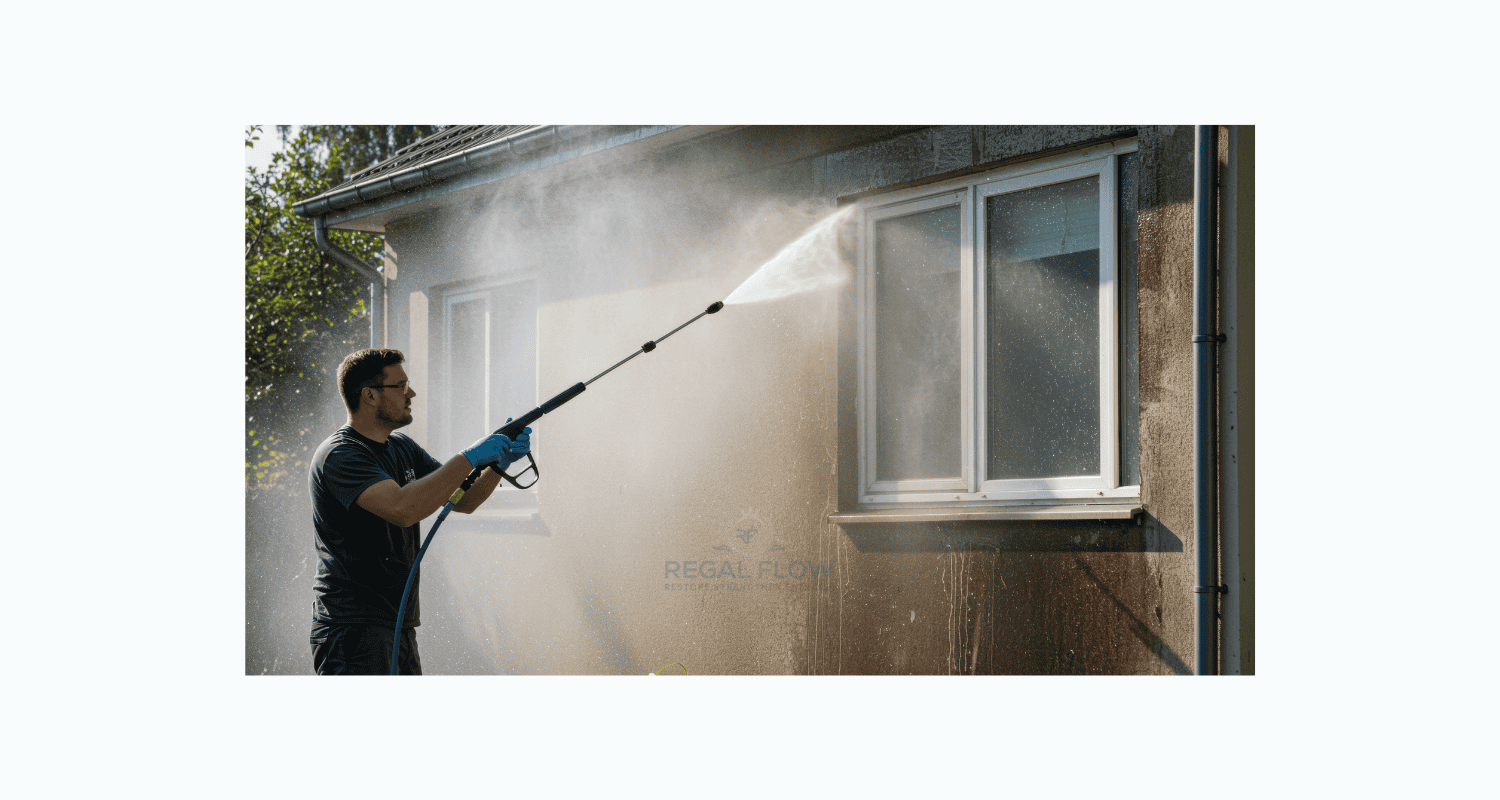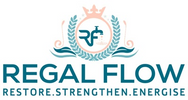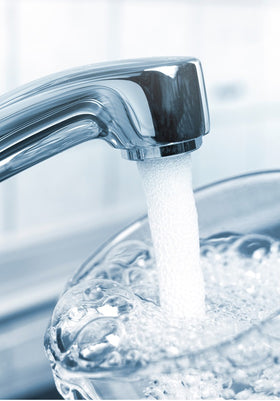
Is a Reverse Osmosis System Needed for Window Cleaning?
Is a reverse osmosis system needed for window cleaning? Short answer: Yep, it’s a game-changer! Just like countertop dispensers offer pure water for drinking, RO systems clean windows streak-free. Say goodbye to mineral deposits and hello to spotless glass! Stick around to discover how it saves you time, money, and chemicals.
Understanding Reverse Osmosis in Window Cleaning
The Benefits of Pure Water
Pure water is the unsung hero of window cleaning. It’s the secret ingredient that ensures your windows sparkle without the streaks or smudges that come from tap water. Reverse osmosis (RO) systems work wonders by stripping water of the minerals that would otherwise leave behind unsightly residue. The result? Clean windows, fast drying, and minimal effort.
How RO Systems Work for Cleaning
RO systems aren’t magic—although they do feel like it! These clever devices use a semi-permeable membrane to filter out unwanted minerals, dirt, and other contaminants. This leaves you with nearly pure water that, when sprayed on your windows, dries without leaving any marks behind. The best part? It can be used with water fed pole systems, allowing for quick, safe cleaning—even on the highest windows!
Advantages of Using RO for Window Cleaning
Spot-Free Finish
If you've ever struggled with streaks after cleaning your windows, you know how frustrating it can be. With RO systems, those days are behind you. The water is so pure that it evaporates without leaving behind any minerals. The result is a flawless, streak-free finish every time.
Reduced Cleaning Time
Time is money, right? Using RO water reduces cleaning time significantly. Pure water lifts dirt more effectively than regular tap water, meaning you spend less time scrubbing and more time enjoying the results. For professional cleaners, this translates into more jobs completed per day.
No Need for Detergents
Another big plus of RO water is that you don’t need harsh chemicals or detergents. Not only does this save money on cleaning products, but it’s also better for the environment. You can clean windows effectively without introducing potentially harmful chemicals into the water system—win-win!
Considerations and Limitations
Initial System Cost
It’s true—RO systems don’t come cheap. The upfront cost can seem hefty, especially if you’re outfitting a commercial operation. But here’s the catch: the long-term savings on chemicals, maintenance, and water usage make the investment worth it. Over time, your system practically pays for itself.
Maintenance and Water Waste
Like any high-tech equipment, an RO system requires regular maintenance. Filters need changing, and you’ll need to keep an eye on water quality. And let’s not forget about water waste—RO systems can waste several litres of water for every litre of pure water produced. This is something to consider if you’re looking to reduce your environmental impact, though some systems are more efficient than others.
Choosing the Right RO System for Window Cleaning
System Size and Flow Rate
Not all RO systems are created equal. For a small home or business, a compact system might do the job just fine. But for larger buildings or commercial jobs, you’ll need a system with a higher flow rate to keep things moving efficiently. Be sure to choose a system that fits your specific needs to avoid delays or poor performance.
Portability and Durability
If you’re working in a variety of locations or need to move your equipment around frequently, portability is key. A lightweight, durable system makes life a whole lot easier, especially for smaller operations or residential cleaners. Look for systems that are tough enough to stand up to the elements and easy to transport from job to job.
Installation and Maintenance Tips
Setting Up Your RO System
Setting up your RO system is a straightforward process, but it’s essential to follow the instructions carefully. Make sure the system is connected to a clean, reliable water source, and consider professional installation for larger setups. A bit of patience at the start will save you time and hassle later on.
Regular Maintenance and Filter Changes
To keep your RO system working at its best, regular maintenance is crucial. Filters need replacing every 6 to 12 months, depending on your usage. Neglecting this can lead to reduced performance, so stay on top of it! A little upkeep goes a long way to ensure your system delivers top-notch results every time.
Addressing Common Concerns
Water Quality and TDS Levels
One common question about RO systems is water quality—specifically, how pure is the water? RO systems are designed to reduce Total Dissolved Solids (TDS) to very low levels, ensuring that the water is as clean as possible. It’s a good idea to check TDS levels regularly to ensure your system is working effectively. The question of whether RO systems are worth the cost often comes up. While the initial investment is high, the long-term benefits make it a sound financial choice. You’ll save money on cleaning chemicals, reduce equipment wear and tear, and cut down on maintenance costs. If you’re in the window cleaning business, this is a wise investment that’ll pay off in the long run.
Conclusion: Achieving Superior Results with RO for Window Cleaning
Key Takeaways on RO for Cleaning
To sum up, using a reverse osmosis system for window cleaning is a game-changer. It delivers a streak-free, spot-free finish, reduces cleaning time, and eliminates the need for chemicals. Whether you’re cleaning residential windows or tackling high-rise buildings, RO systems are a smart, efficient, and eco-friendly choice. If you're considering upgrading your cleaning system, an RO system is well worth the investment. Yes, it’s an upfront cost, but the long-term savings on chemicals, maintenance, and time make it a win. Choose the right system for your needs, maintain it well, and enjoy the benefits of perfectly clean windows, every time.
More Reverse Osmosis info we think you'll love
Is Reverse Osmosis Water Chlorine Free?
Is Reverse Osmosis Water the Best?
Is Reverse Osmosis Good for Well Water?
Can Reverse Osmosis Remove Lead?
Can Reverse Osmosis Remove PFAS?
Can Reverse Osmosis Remove Salt?
Does Reverse Osmosis Remove Viruses from Water? Understanding the Filtration Process
How do I Maintain my Reverse Osmosis System for Longevity and Performance?
Is Reverse Osmosis Water Good for Coffee? Exploring Water Quality for the Perfect Brew
Reverse Osmosis vs. Carbon Filters for Well Water: Which is Best for Your Needs?



Leave a comment